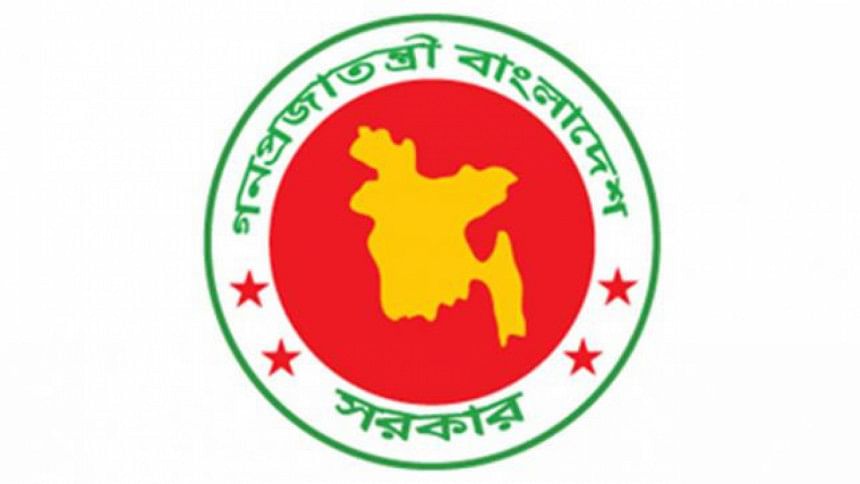Govt rolls back almost all austerity measures

The government yesterday rolled back most of the austerity measures it imposed at the beginning of the fiscal year to better weather the economic upheaval although statistics indicate there has hardly been any improvement on the front.
The centrepiece of the austerity stance was the ban on the purchase of vehicles, aircraft, helicopters, ships, boats or barges. That ban has now been lifted.
In the annual development programme, projects were classified into A, B and C categories. The A-category projects could go on as normal, while up to 75 percent of the allocation for the B-category projects could be spent. All C-category projects were put on hold.
Now, the B-category projects can spend up to 85 percent of their allocation, while the C-category projects that are nearing the end can proceed, as per the notice from the finance division.
While the entire revenue budget can now be spent, there are certain guardrails: 75 percent of the allocation for electricity, 50 percent of the allocation for training and 80 percent of the allocation for petrol, oil and lubricant, gas and fuel can be used.
The institutions can spend their allocations on entertainment, travel, training, stationery, electrical equipment and furniture, which they were barred from before. Only for essential and emergency purposes could they spend under these overheads and that too 50 percent of the allotted amount.
Honorariums for attending meetings of the project implementation committee, project steering committee, departmental project evaluation committee and departmental special project evaluation committee -- can be resumed too.
Land development as well as the construction of residential and non-residential buildings, which were on pause for the austerity stance, can resume under the revenue budget.
"Our crisis remains. Our dollar and revenue crisis remain. Everything is the same as before."
However, the ban on foreign tours by government officials remains.
"This is a premature relaxation," said Zahid Hussain, a former lead economist of the World Bank's Dhaka office.
The austerity stance could have been continued for another six months at least, said Ahsan H Mansur, executive director of the Policy Research Institute.
"I don't know how the government suddenly have the means to afford these non-essential expenses. The government's revenue collection is declining. The government is seeking funds to cover the budget deficit," he said.
More importantly, the economic storm has not blown over.
The global economic situation is the same as when the austerity stance was adopted as the volatility and risks stemming from the Ukraine war remain, Hussain said.
"Our crisis remains. Our dollar and revenue crisis remain. Everything is the same as before. The government should have been more restrained," said Mansur, a former economist of the International Monetary Fund.
As of March 7, foreign currency reserves stand at $31.1 billion, enough to cover about three months' import bill, according to data from the Bangladesh Bank. At the beginning of the fiscal year, reserves were about $41.1 billion, an import cover of about six months.
In the first eight months of the fiscal year, inflation averaged 8.74 percent, way above the budgetary target of 5.6 percent, according to data from the Bangladesh Bureau of Statistics.
The government never disclosed how much savings it made as a result of the austerity stance, according to Hussain.
"I don't think there were much savings. If there were, did we see its impact on inflation or dollar shortage? Inflation remains over 8 percent and the dollar shortage is there. Then what is triggering the relaxation of austerity?"
The relaxation of the austerity stance is sending out the wrong message to the government staff, he said. "Is this prudent when there are not enough dollars?"

 For all latest news, follow The Daily Star's Google News channel.
For all latest news, follow The Daily Star's Google News channel. 








Comments